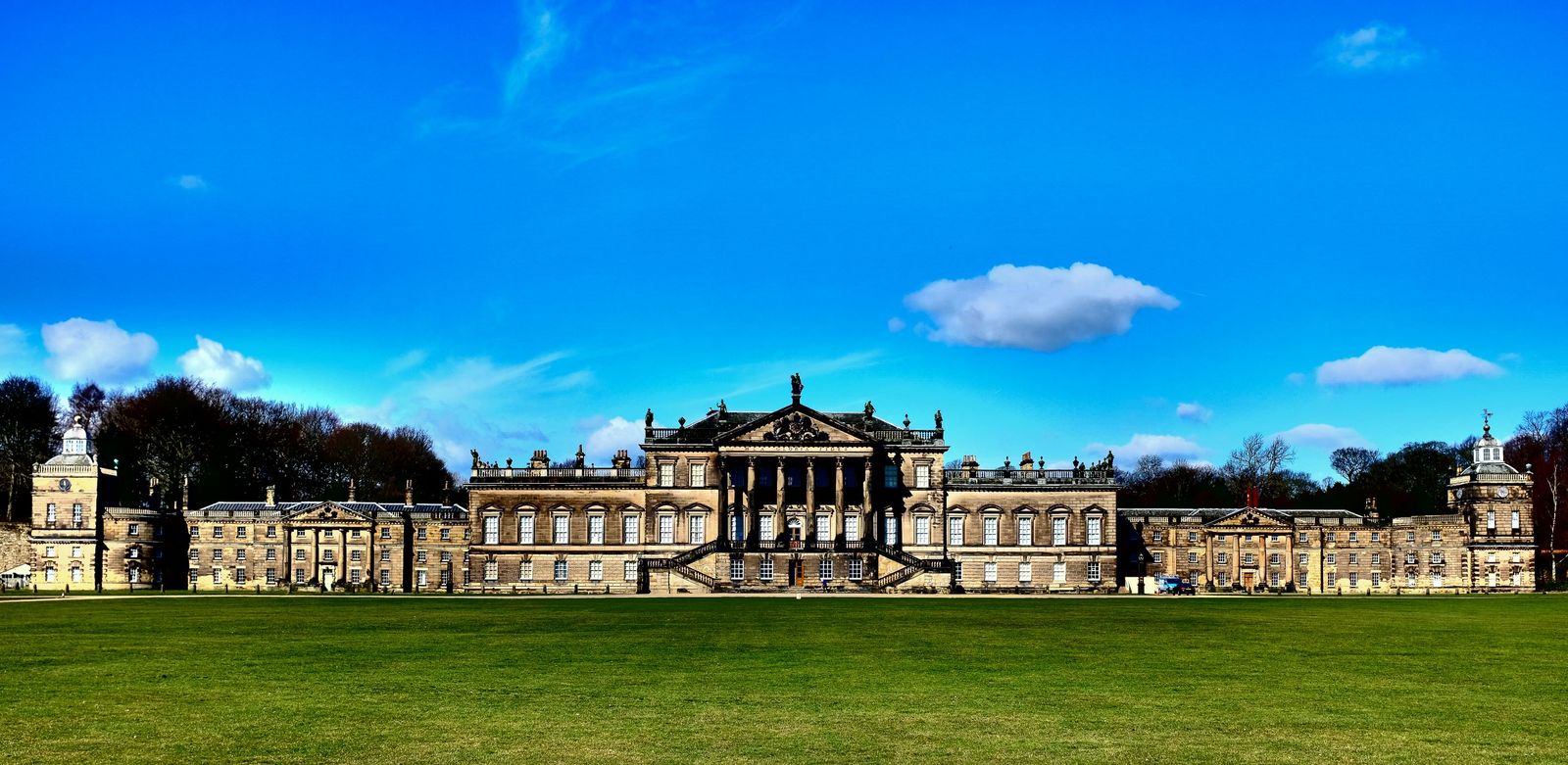A report into the value of culture, arts and heritage in South Yorkshire has concluded the sector has an important role to play in the recovery from Covid-19.
‘Unlocking the potential of culture, arts and heritage in South Yorkshire’ concludes that the sector can respond quickly, bring communities together, support education and boost mental wellbeing; all factors that could help over the next few months.
And in ‘normal times’ the research, which was commissioned by the four South Yorkshire councils before the lockdown, says culture, arts and heritage bring a wide range of social and economic benefits; contributing £200m to the local economy, supporting 6,500 jobs and wider benefits including tourism, creative industries, health, education, community and individual wellbeing. These contribute at least a further £170m to the local economy and £1.2bn in individual wellbeing.
The report was supported by the Sheffield City Region Mayoral Combined Authority and managed by Great Place Wentworth & Elsecar, a cultural programme funded by the National Lottery Heritage Fund and Arts Council England.
Rachel Blake, programme manager at Great Place Wentworth & Elsecar, said: “We have a strong heritage and cultural offer with enormous potential to deliver economic and social benefits, which is even more important in a post-Covid world.
“This report gives us some very useful pointers in how to unlock that potential for the benefit of everyone in the region.”
The research was carried out by ChamberlainWalker Economics, which has worked on several high-profile projects, including the Piece Hall in Halifax which brings millions into Calderdale’s economy each year.
The researchers found that public funding for the sector in South Yorkshire was significantly lower than the national average. Having a more co-ordinated approach to bidding for national grants and even just increasing those to the national average would bring another £9.5m to the region each year.
The recommendations of the report also include drafting a city region-wide strategy for culture, arts and heritage; appointing an arts and culture lead, and investing in nature and landscapes, museums, theatre and historic buildings and monuments, as these would offer the best economic returns.
Dan Jarvis, Sheffield City Region Mayor, said: “Our region is home to nationally-significant cultural assets, including galleries, museums, music venues and a host of tourist attractions and festivals. I have long believed that the sectors these represent are not just vital for our economy but for our character and our spirit as a region and as a nation.
“These sectors are not a luxury; they are a vital part of the region’s recovery and renewal, contributing to healthy and sustainable communities, strong local identities, and vibrant places, as well as to our economic recovery. There is a real opportunity now to level up the North, to invest in our communities and to build a stronger, greener and fairer South Yorkshire – and culture, arts and heritage must be central to that.”
David Renwick, director, England North at The National Lottery Heritage Fund, said: “We are heartened to see that the importance of heritage, arts and culture in creating a sense of pride in people’s hometowns and cities, and the positive impact it can have on local economies and tourism for those areas is being further recognised. It is of even more significance now as South Yorkshire looks to its recovery in the face of the covid-19 pandemic, and that its heritage, arts and culture can play a vital role in the levelling up of the North.”
Andrew Denniff, chief executive of Barnsley and Rotherham Chamber of Commerce, said he welcomed the report.
He said: “Many of us in business recognise the relevance of the arts to business and the wider economy. As well as creating jobs, a thriving cultural sector helps retain and attract people to an area and helps to develop that ‘feel good factor’ we all need. It will prove to be a key part of the region’s economy as South Yorkshire recovers from the effects of the lockdown.”
The report will be officially released online by the four local authorities that commissioned it, Barnsley Metropolitan Borough Council, Doncaster Metropolitan Borough Council, Rotherham Metropolitan Borough Council and Sheffield City Council, on September 22.






